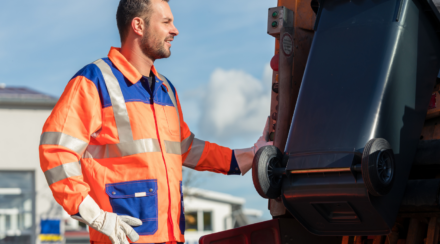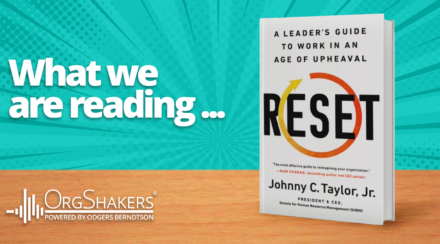Menu

‘Feeling Sick? Just Work From Home’…The Rise of Remote Presenteeism
If you are based in the UK, you may have heard the Prime Minister, Rishi Sunak, declaring that there is a ‘sick note culture’– that is, that too many people are being formally recognized by their family doctors as being too ill to work.
But is this true? And if it is, are workers genuinely becoming less healthy – or are they simply less resilient to everyday ailments?
Well, the evidence suggests that we can rule out resilience as an issue. Recent research has found that almost 3 in 5 (59%) of UK employees say they haven’t taken time off work sick, either due to illness or injury, despite needing to.
What’s even more striking is that there has been a noticeably lower rate of absence from sickness from those who work from home.
Indeed, it could be argued that rather than witnessing the emergence of a ‘sick note culture’, what we are seeing is a culture of presenteeism beginning to rear its head again. But this time it has taken on a new form – a form that has adapted to remote working styles.
One of the main concerns around remote working has always been the fact that this style of work can blur the line between the home as a place of comfort and as a place of work.
The home symbolises solace and relaxation for many, but with a lot of us now working from home, it can sometimes feel hard to fully switch off from ‘work mode’ and switch on to ‘home mode’. And it now appears that we are starting to see this blurring of boundaries with sickness, too.
Pre-pandemic, if you didn’t feel well, you would be advised to take the day off, rest up, and then return when you felt better. But this notion has changed with the ‘normalization’ of remote working. Now, if an office-based or hybrid employee wakes up and isn’t feeling well, they may ask themselves – or sometimes even be asked – to work from home for a few days whilst they recover.
It’s important for employers to keep this in mind when a remote employee is unwell. Just because they now have the means to do their job from home, doesn’t mean they shouldn’t be taking the appropriate time to rest and recover. After all, it is very likely they won’t be working at an optimum when unwell anyway, so it can be best to advise they take the time to heal so not to compromise the quality of their output.
And contrary to the Prime Minister’s claims, hybrid and remote employees may actually need to be encouraged to take sick days!
If you would like to discuss how we can help develop wellbeing strategies geared towards hybrid and remote working, please get in touch with us.



